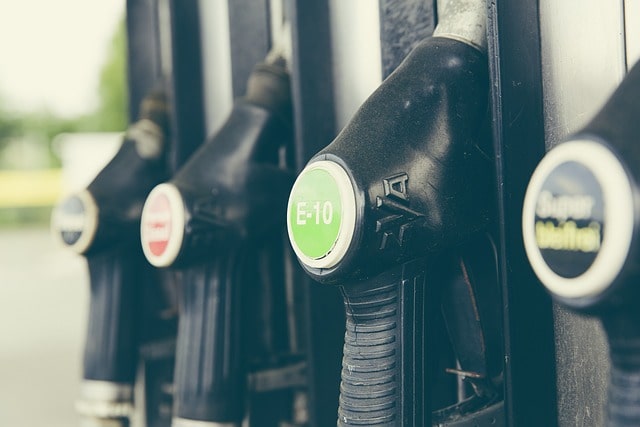Pros of Fuels to the Environment

Given that fossil fuels are known to be harmful to the environment, why are they still being used, and what are their benefits?
1. A cheap energy source: Fossil fuels are not too expensive. These fuels are abundant and very simple to locate and manufacture. Plus, there is infrastructure in place to transfer fossil fuels at a low cost because they have powered our planet even your garden with decorative garden screens for 250 years. Now, though, things are shifting. The cost of discovering new resources rises along with the decreasing supply, resulting in a sharp increase in production costs. Energy costs increase with deeper wells and mines in harsher settings, not to mention the environmental impact.
2. Reliability: Right now, fossil fuels are dependable. Numerous coalfields exist, along with substantial but diminishing reserves of oil and gas. The advancement of extraction research is shown in the practice of fracking.
3. Abundance: Although fossil fuels were formerly thought to be virtually limitless, we now know that there is a finite supply, and most definitely not enough to support our expanding population. But the date that experts predict we will run out is so far off that people in positions of authority don’t really give a damn.
4. Valuable byproducts: Plastics have completely changed how we live. Take a look about you; how many plastic items are there? Most likely, you’re now in contact with some kind of plastic. Plastics do, of course, have drawbacks, particularly when they are single-use items that are discarded after use. Plastic would not exist if fossil fuels did not exist.
What are the advantages of switching to renewable energy from fossil fuels?
There are several advantages to switching from fossil fuels to renewable, eco-friendly energy. In addition to being more economical than fossil fuels, renewable energy sources like solar and wind produce more useful energy with less negative environmental effects. There is still work to be done to promote the use of clean energy sources and lessen dependency on nonrenewable energy sources. We can decrease our reliance on fossil fuels and transition to renewable energy sources with the assistance of the government and ecologically conscious people.

